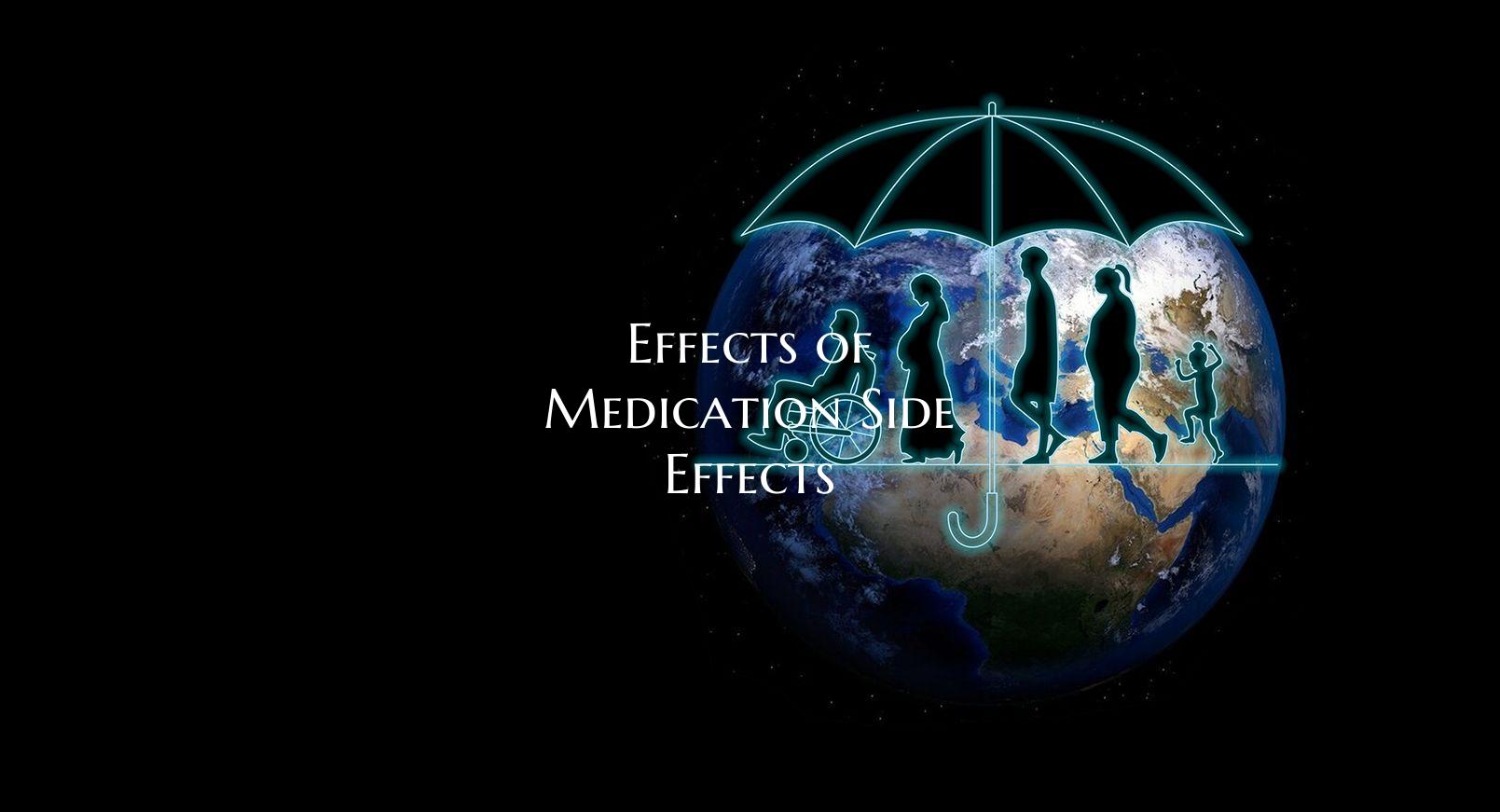
Effects of Medication Side Effects
Introduction: Medications play a crucial role in managing various health conditions, providing relief, and improving quality of life for countless individuals. However, along with their intended benefits, medications can sometimes also bring about unwanted side effects. Understanding the effects of medication side effects is essential for patients, healthcare providers, and caregivers to make informed decisions about treatment options.
Types of Medication Side Effects: Medication side effects can manifest in various ways, ranging from mild to severe. Common types of side effects include nausea, dizziness, headaches, fatigue, and gastrointestinal disturbances. More serious side effects may include allergic reactions, organ damage, or changes in mental health. It is important to note that not everyone will experience side effects, and their severity can vary from person to person.
Impact on Patients: The effects of medication side effects can significantly impact patients' adherence to treatment regimens and overall well-being. Persistent side effects may lead to a decrease in quality of life, reluctance to take necessary medications, and disruptions in daily activities. Patients experiencing severe side effects should promptly consult their healthcare providers to discuss alternative options or adjustments to their medication plan.
Management and Prevention: Healthcare providers play a vital role in managing medication side effects by closely monitoring patients, conducting regular check-ins, and adjusting treatment plans as needed. Patients can also take proactive steps to minimize the likelihood of encountering side effects, such as adhering to prescribed dosages, informing healthcare providers of any existing health conditions or medications, and reporting unusual symptoms promptly.
Conclusion: While medication side effects are a common factor in the world of pharmaceuticals, understanding their effects and implications is crucial for all stakeholders involved in the healthcare process. By promoting open communication, collaboration, and proactive management strategies, healthcare providers and patients can work together to navigate the challenges posed by medication side effects and ensure that treatment remains safe, effective, and tailored to individual needs.